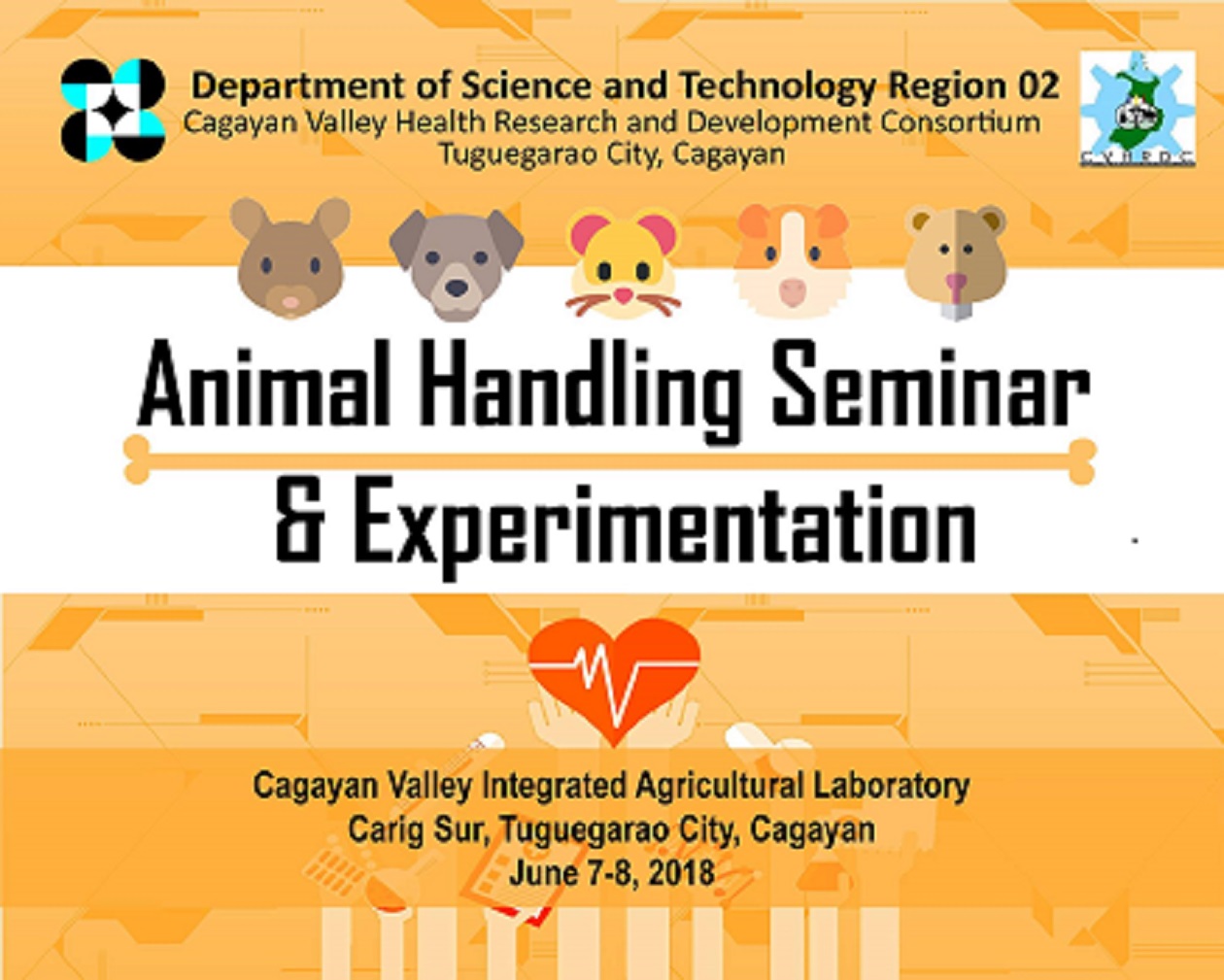The APEC Science Prize for Innovation, Research and Education (“ASPIRE”) is an annual award which recognizes young scientists who have demonstrated a commitment to both excellence in scientific research, as evidenced by scholarly publication and cooperation with scientists from other APEC member economies.
The ASPIRE Prize supports APEC’s mission to:
- Strengthen international science and technology networks;
- Enhance economic growth, trade and investment opportunities in harmony with sustainable development, through policies, innovative R&D and technologies, and knowledge sharing;
- Improve linkages and efficiency between research and innovation.
ASPIRE 2018: Smart Technologies for Healthy Societies
Each year, the chairing APEC member economy provides a theme for the ASPIRE Prize. In 2018, Papua New Guinea selects "Smart Technologies for Healthy Societies” as the ASPIRE theme. This theme focuses on how scientists are capitalizing on smart technologies and digital platforms to provide better health care access and services across the APEC region.
Candidates should demonstrate a commitment to excellence in scientific research and cooperation with scientists from other APEC member economies in subjects such as: biomedical technology, healthcare supply chains, pharmaceutical technology, point-of-care systems, wearable technology, self-help devices, artificial gene fusion, medical Informatics, cell surface display techniques, robotics, nanomedicine, 3D printing and continuous manufacturing, blockchain technology and other relevant fields.
ELIGIBILITY
Any citizen of an APEC member economy is eligible to be nominated for the ASPIRE Prize. He/she must be living at the time of his/her nomination and be under the age of 40 as of 31 December of that year (i.e., all 2018 nominees must be under the age of 40 as of 31 December 2018).
SELECTION PROCESS
Each APEC member economy, through its representative in the APEC Policy Partnership for Science, Technology and Innovation (PPSTI), is invited to nominate one young scientist under the age of 40 to be considered for the ASPIRE Prize.
Individually qualified applicants are encouraged to complete the “Local Nomination Form” and send it to PPSTI Program Director Ms. Zhongzhen LIU (This email address is being protected from spambots. You need JavaScript enabled to view it.) by 13 April 2018 so it may be directed toward local economy reviewers.
Once nominations are received, PPSTI members rank the nominees through a selection ballot to determine the winner. PPSTI members are asked to judge the nominees based on how well they have demonstrated:
Excellence in scientific research, as evidenced through scholarly publication;
Commitment to cooperation with scientists from other APEC member economies;
Contribution to the 2018 ASPIRE theme of “Smart Technologies for Healthy Societies.”
The winner will be recognized at an award ceremony during the 12th APEC PPSTI Meeting in Papua New Guinea scheduled for August 2018.
ASPIRE PRIZE SPONSORS
Wiley and Elsevier, two of the world’s leading publishers of scholarly scientific knowledge, have committed to funding USD25,000 in prize money.
For more information, please visit www.apec.org








